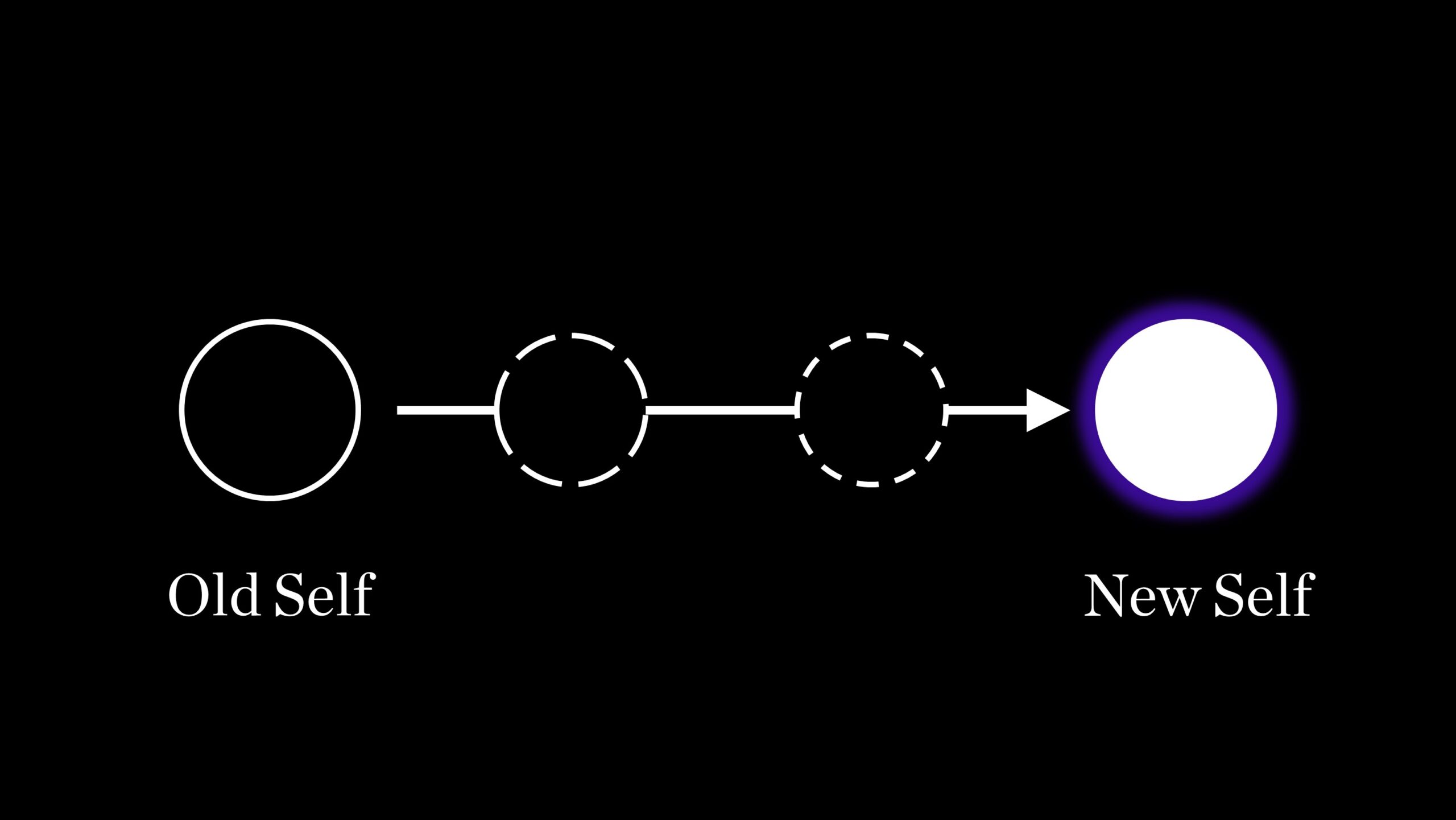Article last updated on January 24, 2022
Self-discovery is a lifelong process, and that is one of the major reasons why it is so difficult to do. People simply don’t persist in peeling off the old layers of self and finding who they truly are.
But it’s not just about finding out who you are or what your purpose in life is, it is also about becoming aware of how you got where you are today and why you have certain beliefs, attitudes, opinions, etc.
Just to clarify, this article will not be some touchy-feely type of content. It based on personal experience and things I’ve learned along the way.
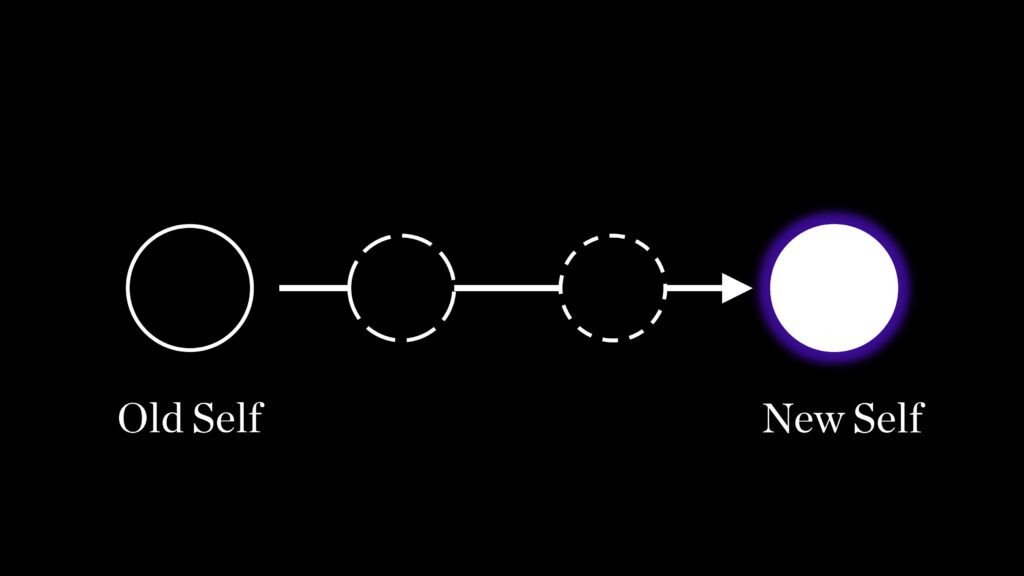
There are challenges to this self-discovery process. One of them is the fact that we don’t always know ourselves well enough to really understand our true selves.
We may be able to tell others what we think they want to hear, but we can never truly know if those things are actually true for us.
Another challenge is that there are many people around us who are trying to influence us towards their own ideas of who we should be. These influences can come from family members, friends, teachers, bosses, the media, society, culture, religion, and even ourselves.
We need to be careful to keep an open mind when listening to these influences because they may not align with our own truth.
It’s easy to get caught up in the “what other people say I am” mindset. We often try to fit into someone else’s idea of who we should be instead of being true to ourselves.
The good news is that by owning our truths, we can ultimately become happier, healthier, and more fulfilled individuals.
In this article, I want to break down all the challenges of owning your truth.
Reasons Why Self-Discovery is Hard
As mentioned earlier, self-discovery is a lifelong process. The reason why it is so difficult is that we don’t necessarily know ourselves well enough to fully understand our true selves.
This means that we will never be 100% sure of who we are, what we believe, and what we stand for.
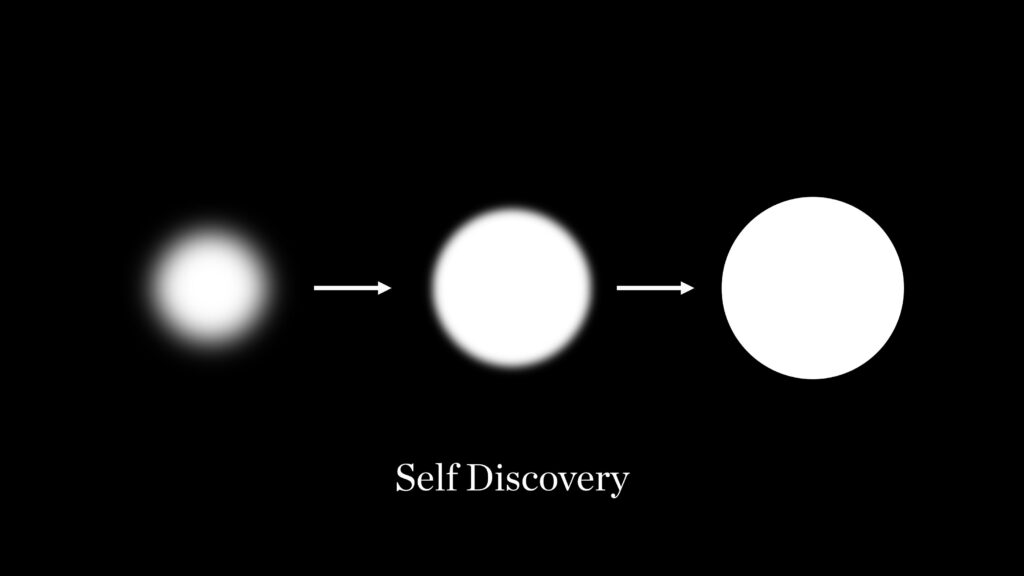
This lack of certainty makes it challenging to find out what is right for us. There are a lot of different ways that we can go wrong during this discovery process.
The challenges you will face are based on the following factors:
- Our upbringing – If we were raised in a dysfunctional environment, then we might end up believing some false beliefs that aren’t aligned with our true selves. For example, if we were abused as children, we could develop unhealthy coping mechanisms such as drinking alcohol or using drugs.
- Our education – If we were educated in schools that didn’t teach us important lessons like critical thinking, logic, science, math, history, philosophy, ethics, etc., then we might end up having incorrect views about the world.
- Our experiences – If we had bad experiences early in life (e.g., bullying, abuse, neglect, etc.), then we might be afraid to trust anyone and might hold onto negative emotions such as anger, fear, sadness, jealousy, etc.
- Our family – If we grew up in a dysfunctional home, then we might end up adopting unhealthy behaviors such as lying, cheating, stealing, etc.
- Our peers – If we hang out with people who don’t value honesty and integrity, then we might start to adopt similar values.
- Religion – If we follow religious teachings that have been distorted over time, then we might end up holding onto outdated beliefs and practices.
- Media – If we consume mass media that promotes lies, deception, manipulation, etc., then we will likely adopt those same values.
- Money – If we make money off of dishonest activities, then we will likely keep doing those things.
- Drugs/Alcohol – If we use substances such as alcohol or drugs to escape reality, then we might not realize how much they are affecting us until it’s too late.
- Food – If we eat foods that are full of chemicals, preservatives, additives, hormones, etc., then we risk developing health problems.
- Technology – If we use technology to distract ourselves from reality, then we might end up being disconnected from nature and other humans.
- Entertainment – If we spend all of our free time watching shows, movies, video games, etc., then we won’t have any time left to connect with others.
- Work – If we work long hours at jobs that don’t align with our values, then we might feel stressed and unhappy.
- Social media – If we spend all day on social media chatting with friends and posting pictures, then we might miss out on real relationships.
These are noticeable challenges, so I want to talk about psychological and not-so-visible challenges you will face on your self-discovery journey.
Psychological Self-Discovery Challenges
Psychological challenges are the ones that can sneak up on you when you least expect them. They are subtle and hard to see because they often manifest themselves in small ways.
I want to talk about them because they are the ones that are the real obstacle to true self-discovery. These are the obstacles that prevent us from seeing the truth, even though it is staring us right in the face.
We can’t see the forest through the trees
If you are looking for the big picture while ignoring the little details, then you won’t be able to see what needs to change. You need to look at both the big picture and the little details.
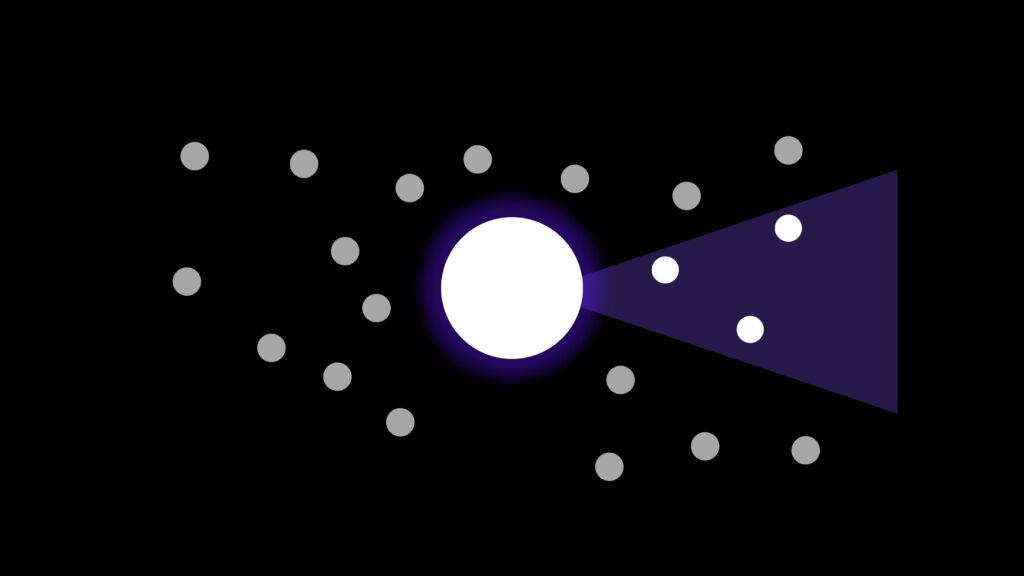
You need to notice the good things going on in your life and the bad things happening around you.
You also need to pay attention to the people you interact with every day. Do they seem happy? Are they kind to each other? Do they treat their family members well?
The more you pay attention to these details, the more you will start noticing patterns.
Patterns are important because they show you which parts of your life need to change.
For example, if you notice a pattern of lying, cheating, stealing, etc., then you know something needs to change.
When you are aware of these patterns, you can take action to fix them.
Self-discovery requires balance
One thing that I noticed during my own self-discovery process was that I needed to find an equilibrium between focusing on myself and focusing on others.
It took me years before I found this balance. It wasn’t easy. Sometimes I would focus on myself for months at a time, but other times I would ignore myself completely.
It was only after I had spent enough time doing one or the other that I could move back into balance.
This is why self-discovery is such a challenging journey. We may have to make changes in many areas of our lives.
Sometimes we need to stop spending time with certain people, and sometimes we need to cut ourselves off from certain activities.
This means that we need to be flexible and willing to adapt to whatever situation arises.
There is no perfect solution
There is no “one size fits all” solution to self-discovery. Each person has different strengths and weaknesses.
What works for one person doesn’t necessarily work for another.
The best way to discover how to solve problems is by trying out different solutions until you find the one that works for you.
In order to do this, you must first identify the problem. Only once you understand the problem can you figure out how to solve it.
It takes courage to admit when we’re wrong
Many people avoid admitting when they are wrong. This makes sense since most people don’t like being wrong.
However, avoiding mistakes is not always the smartest choice.
By refusing to admit when we are wrong, we end up making the same mistake over and over again.
As a result, we waste time and energy. We spend so much time correcting our mistakes that we never get around to fixing the underlying issues.
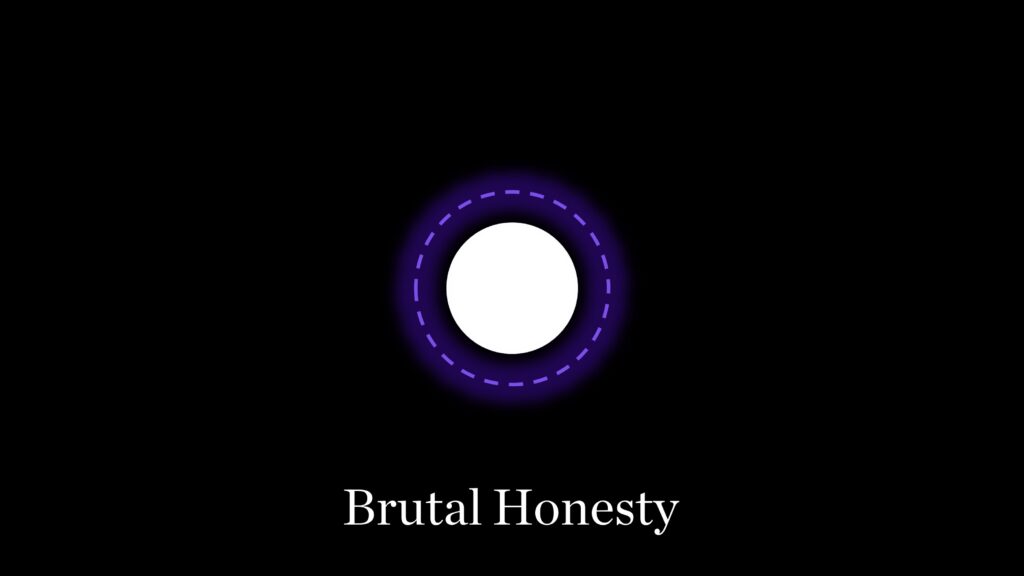
By acknowledging our mistakes, we can learn from them and move forward.
If you want to improve yourself, then you need to acknowledge your mistakes, and this is why self-discovery is so challenging. It is hard to own our truth in difficult situations.
Let go of what no longer serves us
Another challenge of owning your truth is letting go of what no longer benefits you.
We often cling to things that no longer serve us. For example, some people hold onto jobs that they hate just because they haven’t been able to find anything better.
Others keep relationships with toxic people because they feel emotionally attached to them.
The key here is to let go of what no longer helps you. If you try to hang on to something that isn’t working for you, then you will continue to suffer.
The more you struggle, the harder it becomes to change.
You need to recognize that there is nothing wrong with wanting to improve yourself. However, if you choose to stay stuck in a bad relationship, then you are choosing to remain unhappy.
You should also understand that you cannot make someone else change.
So, instead of forcing someone to change, you need to start changing yourself. Once you begin to change, you will notice that others will eventually follow suit.
Being compassionate towards ourselves
One of the biggest challenges of self-discovery is being kind to ourselves.
When we are struggling, we tend to blame ourselves for everything that goes wrong. We think that we deserve to be treated poorly.
We need to assess the complete situation and see if there was any part of it that we could have done differently.
If not, then we need to accept that, but if we could do things differently, then we need to take responsibility for our actions.
But beating ourselves up won’t help us at all. Instead, we need to take care of ourselves.
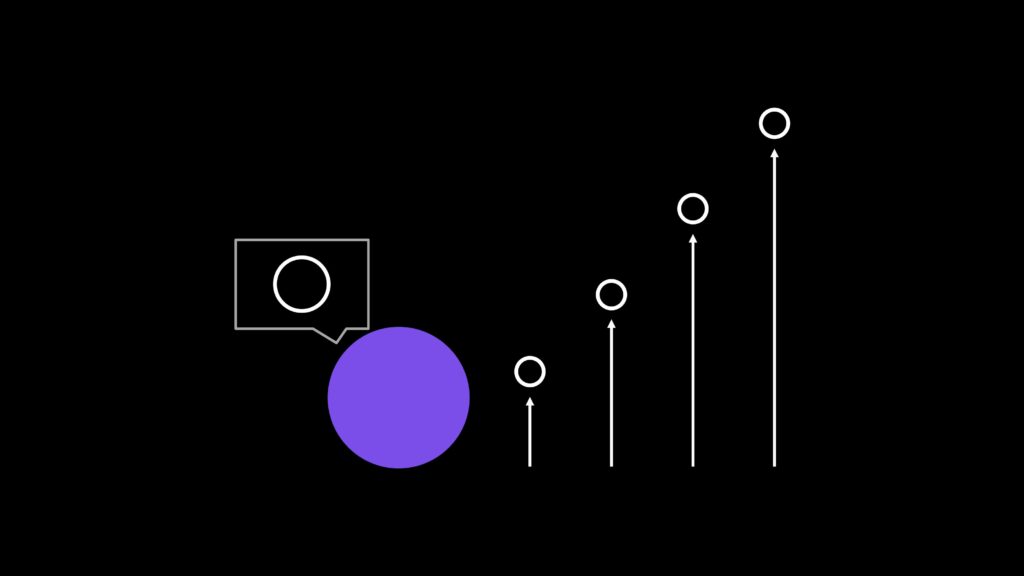
Compassionate people know that everyone deserves love and respect. They treat themselves kindly even when they are feeling down or angry.
They don’t allow their emotions to control them. Instead, they use their feelings as an opportunity to grow.
But I cannot stress enough how important it is to take personal responsibility. It is easy to point fingers at other people when things aren’t going well.
Don’t beat yourself up if you couldn’t do things better.You did the best you could.
Taking responsibility for our actions
This leads me to the point of taking responsibility for our actions. When we make mistakes, we need to admit that we made a mistake.
Once we own our mistakes, we can move forward. We can stop making excuses and focus on improving ourselves.
Owning our mistakes is essential to moving forward.
Even the word “responsibility” can be divided into two words.
Response and Ability i.e. having the ability to respond.
Some events in life may require us to act quickly. But we still need to be responsible for our actions, and that applies to all aspects of life.
Your daily routines are a perfect example. Most of us spend most of our time doing routine tasks like getting dressed, eating breakfast, etc.
We rarely think about these activities. But they are very important. These small tasks form the foundation of your day.
If you neglect them, then you will end up wasting your whole day.
It’s important to understand that we are ultimately responsible for our actions.
We will often feel like we are alone
Self-discovery can feel lonely. It feels like no one understands what you’re going through.
And this is because we are trying to find out who we really are. We are learning new things about ourselves. And some of those discoveries might be difficult to accept.
For instance, we might learn that we are selfish. Or maybe we realize that we are controlling. Or maybe we discover that we are manipulative.
All of these things are hard to deal with.
But once we accept that these things are true, then we can start to change. We can become more compassionate towards others.
The truth is that we are never truly alone. When you are comfortable in your own skin, then you feel connected to everything around you.
You feel like you belong. This is one of the challenges, and this is why self-discovery is so important.
Accept criticism
Another challenge of owning our truths is accepting criticism. When we hear someone criticize us, we want to defend ourselves. We want to say something back.
But this isn’t always helpful.
Instead, try to listen carefully to what the person is saying and ask yourself, “Why is this person thinking that?” or even better, ask them that question.
You will be surprised at how much criticism is just a projection of their own fears.
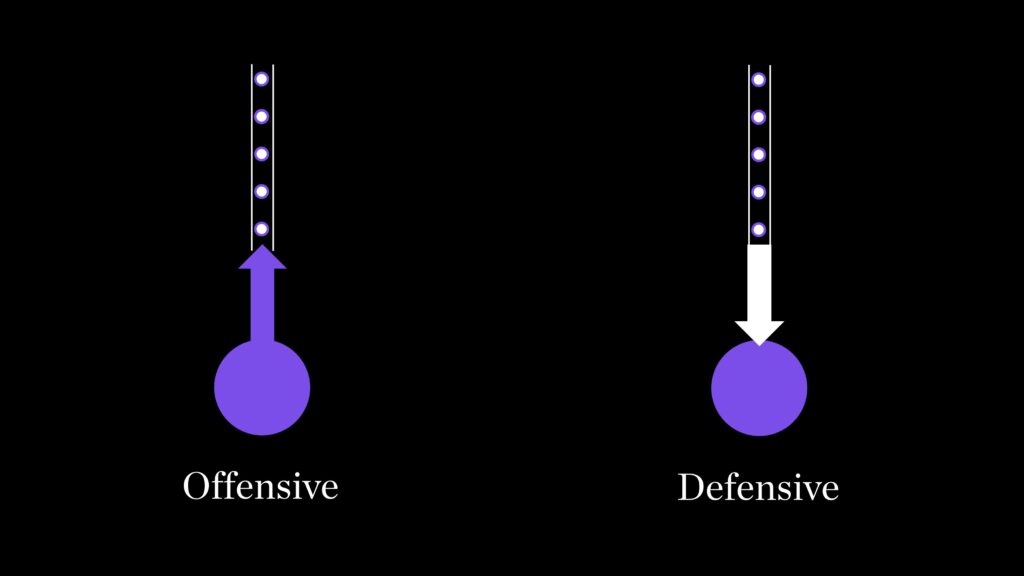
When we get defensive, we only reinforce the negative thoughts in our mind.
Instead of reacting defensively, let go of your ego and see if there is anything else you can learn from the situation.
In most cases, people are just projecting their insecurities on others, and that’s OK. Accept that, see the world objectively and move on.
Be willing to be vulnerable
One of the biggest challenges of self-discovery is being vulnerable. It is hard to share our feelings, even with close friends.
This is especially true when it comes to feelings of shame.
Shame is an emotion that keeps us hidden from the world. We don’t want anyone to know that we are not good enough.
But being vulnerable means sharing our weaknesses as well as our strengths.
Vulnerability is a sign of strength. It shows that we have confidence in ourselves.
Our vulnerability also helps us connect with other people. Because when we show our vulnerabilities, we allow others to relate to us.
Your sense of identity depends on your relationships. If you spend all your time hiding behind a mask, then you will lose touch with reality. You won’t be able to connect with others.
Owning your truth is essential to living authentically without pretending.
Trust our intuition
It takes courage to trust your intuition. Our intuition is a part of our subconscious mind. We usually ignore it because we think that it doesn’t work. But our intuition works 24/7.
If we pay attention to it, we can use it to help us make decisions. For example, if we notice that we are feeling anxious, we should take action right away.
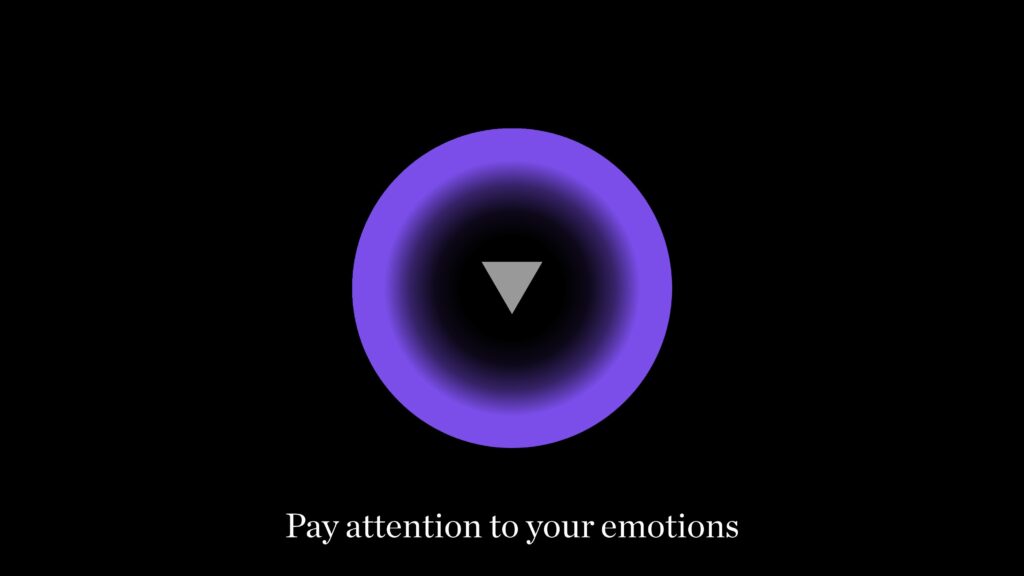
We shouldn’t wait until we are calm before making a decision. That’s where, in most cases, we don’t take even a single step forward.
And emotions are powerful. They can control us. They can keep us stuck in old patterns. So we need to be aware of what they are telling us.
And when we do that, we can break free from those patterns. When you feel something needs to be done, do not ignore it; take action.
Listen to our body
Your physical health is essential for your emotional wellbeing. The more we care about our bodies, the healthier we become. The more we become.
But many of us neglect our bodies. We eat too much junk food. We don’t exercise. And we end up overweight.
The reason why so many people struggle with weight issues is that they aren’t taking care of themselves physically.
They are ignoring their bodies. This makes it harder for them to accept who they really are.
To overcome these problems, we need to start listening to our bodies.
For example, when we are stressed out, we tend to crave sugar. So we might find ourselves eating sweets or drinking soda.
How does your body feel after that? Feeling lethargic, tired all the time and being a slave to sugar cravings is not the way to live life.
Respect your body, because you only have one.
Do less but better
In your self discovery process, you will face multitasking and a problem with analysis paralysis.
To combat this, the only solid solution is to do one thing at a time. Focus on one task. Then move onto another. This approach allows us to achieve more than we thought possible.
Because we are doing one thing at a time, we don’t waste any time. As a result, we get things done faster.
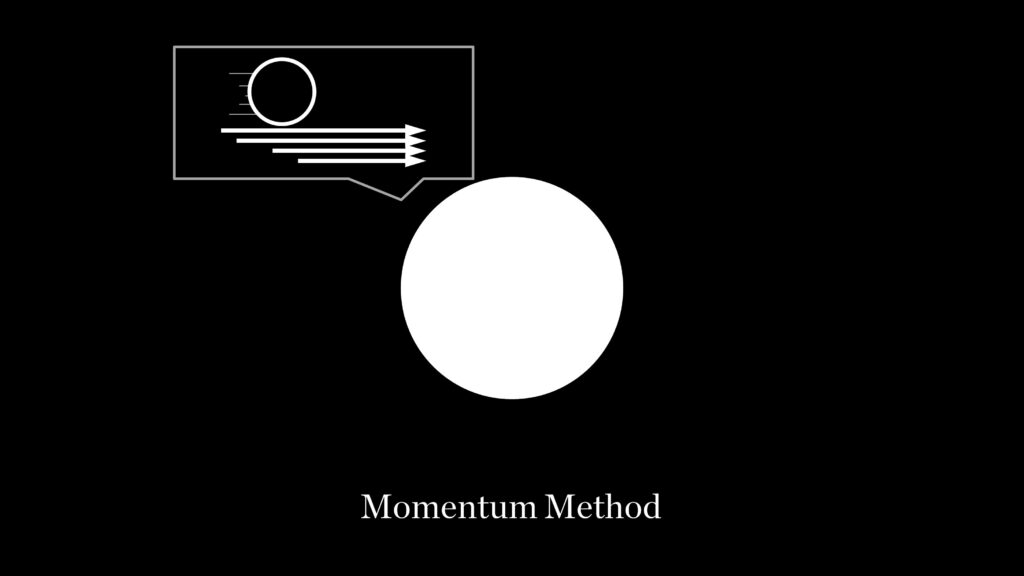
When we focus on one thing, we can accomplish more. And when we accomplish more, we gain momentum.
This momentum gives us energy. And with that extra energy, we can tackle bigger tasks.
This is how we build momentum. By focusing on one thing at a time and accomplishing small goals.
So, instead of trying to complete everything at once, just try to do one thing at a time.
We must be willing get rid of toxic people
Toxic people drain our energy. They cause us stress. They create chaos in our lives.
We often avoid dealing with them because we’re afraid of confrontation. Or we don’t know how to deal with them.
But the sooner we confront them, the easier it becomes. Because as soon as we say no to someone, we stop giving them power over us.
As a result, they lose their power over us. And they eventually leave us alone.
You have personal values that should be respected and followed. If you are surrounded by people who don’t share your values, then you are going to feel unhappy.
That’s because you are living in an environment that doesn’t align with you.
It’s hard to stay happy in such an environment. You will feel like you are constantly fighting against yourself.
It’s important to remember that everyone has different beliefs. But if you want to make sure that you are following your own set of values, then you need to surround yourself with people who share those same values.
Conclusion
Having an appreciation for life comes from overcoming challenges. As you discover yourself, you’ll realize that there is always something new to learn, and that’s the beauty of it all.
There will be some painful emotions, but you will overcome them and have life-changing situations you will appreciate forever.
All in all, self-discovery is about shredding the old version of yourself and creating the new one.


